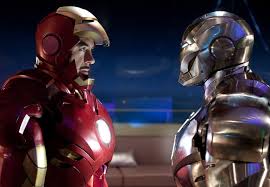Professor Margaret Boden’s talk at the Centre for the Study of Existential Risks
Professor Boden has been in the AI business long enough to have worked with John McCarthy and some of the other founders of the science of artificial intelligence. During her animated and compelling talk to a highly engaged audience at CSER in Cambridge last month, the sparkle in her eye betrayed the fun she still gets from it. The main thrust of her talk was that those who believe that an artificial general intelligence (AGI) may be created within the next century are going to be disappointed. She was at pains to emphasise that the project is feasible in principle, but she...


